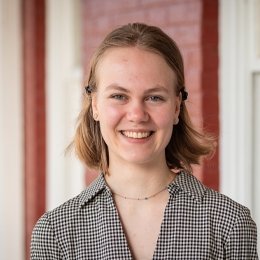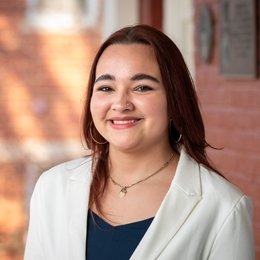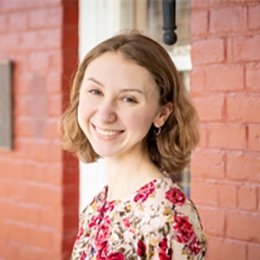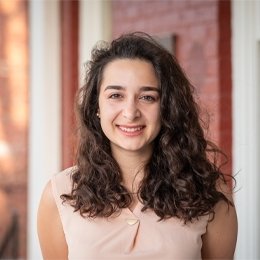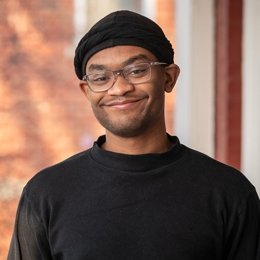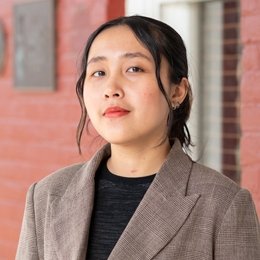Atkins Scholars (2022-23)
The J.H. and Artie Atkins Scholars Research Program, announced in 2021, was launched through a generous grant from the James Graham Brown Foundation. Participating scholars will prepare for a lifetime of active leadership that contributes to an equitable society and a more just, inclusive and diverse world.
A key program goal is to prepare scholars to confidently integrate inclusion and equity practices in future professional and academic endeavors. As part of this initiative, scholars have worked closely with faculty advisors to implement yearlong research projects focused on analyzing or engaging one of the following areas:
- Underrepresented groups or marginalized identities; or spaces and dynamics of privilege.
- Systems of inequity, injustice, resistance or empowerment.
- Theories or practices of inclusion, equity or social justice.

